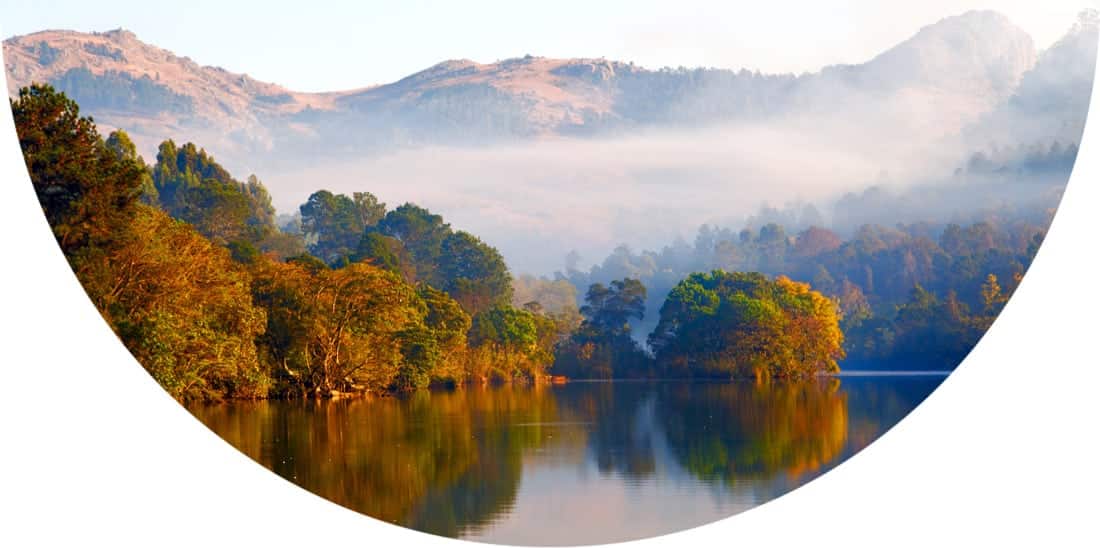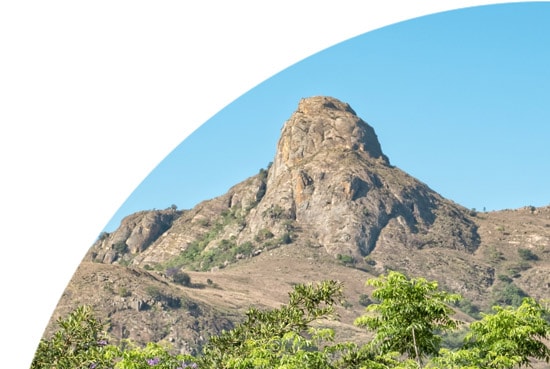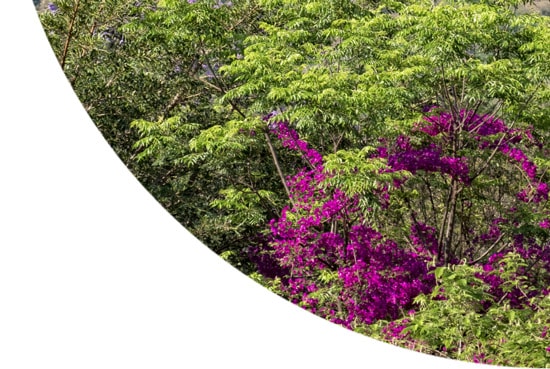Rift Valley fever (RVF) is an acute, fever-causing viral disease that usually affects domesticated animals (such as cattle and sheep), but can also infect and cause illness in humans. The majority of human infections are caused by direct or indirect contact with the blood or organs of infected animals.


Travel Vaccinations for Swaziland
Recommended Vaccines for Swaziland
The level of protection needed depends on your medical history and travel itinerary. Book now to get a personalised recommendation from our specialist travel nurses. The consultation costs £20 plus any vaccines you decide to take.
Flexible appointments with no upfront payment
Book Now
Destination Information for Swaziland
The landlocked country of Swaziland, bordering with South Africa and Mozambique, is one of the last absolute monarchies remaining in the world. It’s one of the smallest countries in Africa, and possibly one of the most underestimated. Several excellent game reserves and parks make this an excellent destination choice for tourists who want to explore a relatively safe and peaceful African country, known for the friendliness of its people.
Swaziland embraces its traditional culture, and sees this as an attraction for tourists. There are numerous events held annually celebrating the king, Mswati III, with traditional dress, music and dance. One of Africa’s biggest cultural events is the Umhlanga (Reed Dance) Festival, held at the royal compound at Ludzidzini. Another annual celebration is the Incwala, or Kingship Dance – a spectacular week-long event featuring Swazi men in full battle regalia.
Swaziland is considered to be one of the best places in Africa to see rhinos, and these, along with many other animals and birds, can be found in over 17 protected areas throughout the country. Most visitors to the country do so for the opportunity to get close to nature, and the varied landscape of mountains, rivers and grasslands makes this the ideal destination.
Travel vaccinations are essential when visiting Swaziland (formally known as Eswatini). Anyone travelling to this country will require hepatitis A, tetanus & typhoid vaccine. Depending on where you visit, additional vaccines may be required such as rabies, Hepatitis B and Cholera. Book an appointment at one of our travel clinics to find out exactly what you require.
Infections and Outbreaks frequently change from country to country and by attending our clinics you will be given the most up to date clinical and safety advice from our team of specialists. Our advice to you often includes aspects such as:
- Food and water hygiene
- Insect and animal bite avoidances
- Personal safety
- Sexually transmitted infections
- Sun protection
- Altitude sickness
Malaria and regions within country:
There is a high risk of P.Falciparum malaria in the eastern half of the country and anti-malarial medication is recommended. The western half of the country including the city of Mbabane, has low to no risk of malaria and anti-malarial medication is normally not advised.



